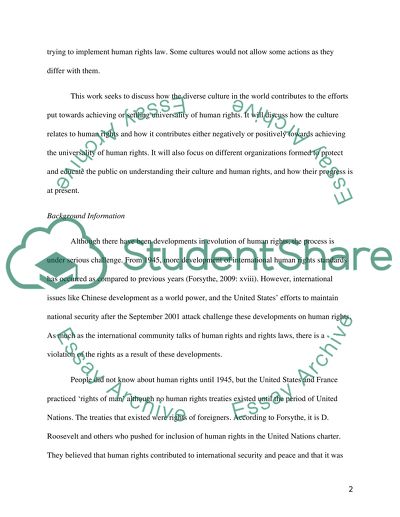Cite this document
(“In a culturally diverse word, the universality of human rights remains Assignment - 1”, n.d.)
In a culturally diverse word, the universality of human rights remains Assignment - 1. Retrieved from https://studentshare.org/law/1477645-in-a-culturally-diverse-word-the-universality-of
In a culturally diverse word, the universality of human rights remains Assignment - 1. Retrieved from https://studentshare.org/law/1477645-in-a-culturally-diverse-word-the-universality-of
(In a Culturally Diverse Word, the Universality of Human Rights Remains Assignment - 1)
In a Culturally Diverse Word, the Universality of Human Rights Remains Assignment - 1. https://studentshare.org/law/1477645-in-a-culturally-diverse-word-the-universality-of.
In a Culturally Diverse Word, the Universality of Human Rights Remains Assignment - 1. https://studentshare.org/law/1477645-in-a-culturally-diverse-word-the-universality-of.
“In a Culturally Diverse Word, the Universality of Human Rights Remains Assignment - 1”, n.d. https://studentshare.org/law/1477645-in-a-culturally-diverse-word-the-universality-of.


